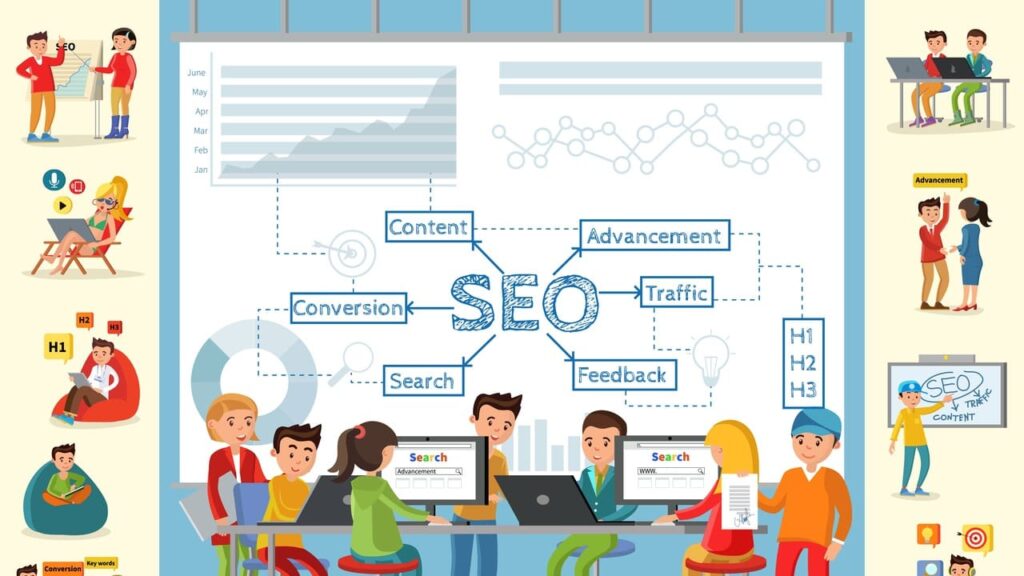
Introduction
Discover what SEO in Digital Marketing really means, why it matters, and how it works. Learn proven Search Engine Optimization strategies, tools, and tips to boost your website traffic and rankings in 2025. So, you’ve probably heard the term SEO tossed around a million times if you’ve even dipped a toe into Digital Marketing. But what exactly is SEO, and why does it matter so much?
Table of Contents
What is Search Engine Optimization?
Search Engine Optimization, is the art (and science) of getting your website to show up higher in search engine results—think Google, Bing, or Yahoo. It’s how businesses attract free, organic traffic without having to pay for ads. Think of it as the digital version of putting your shop on the busiest street corner in town.
Why SEO Matters in Digital Marketing
Without Search Engine Optimization, your fancy website is like a billboard in the middle of a forest. Nobody sees it. Search Engine Optimization ensures visibility, drives traffic, and builds trust with your audience. And here’s the kicker—it keeps working for you 24/7 once set up correctly.
Core Elements of SEO
On-Page Search Engine Optimization
This is everything you do on your website to help it rank better.
Title Tags & Meta Descriptions
These are the first things people see on Google. They’re like your website’s “first impression.” Make them catchy and keyword-rich.
Content Optimization
Content is what brings users in and keeps them engaged. Use keywords naturally, write for people (not just search engines), and update old content regularly.
Internal Linking
This helps search engines understand the structure of your site and keeps users browsing longer. Win-win.
Off-Page Search Engine Optimization
Everything that happens outside your website to help your rankings.
Backlinks
High-quality backlinks from reputable sites act like endorsements. The more you have, the more Google trusts you.
Social Signals
While not a direct ranking factor, social media engagement can amplify your content’s visibility and help you earn backlinks.
Technical Search Engine Optimization
This is the nerdy but essential side of SEO.
Website Speed
Slow sites lose users—and rankings. Optimize images, use good hosting, and consider a CDN.
Mobile Friendliness
Over 60% of users browse on mobile. If your site isn’t mobile-friendly, you’re losing traffic—plain and simple.
Crawlability and Indexing
If search engines can’t find or read your site, it won’t rank. Use sitemaps, fix broken links, and avoid duplicate content.
How Search Engines Work
Crawling
Search engines send bots (crawlers) to scan the web for new content. Such as Google crawler.
Indexing
Once found, the content is stored in a massive database (the index).
Ranking Algorithms
Complex formulas determine which pages are most relevant to a searcher’s query. Search engine optimization helps you be on top of that list.
Search Engine Optimization vs. Paid Marketing
Organic vs Paid Traffic
Search Engine Optimization is about earning traffic. Paid marketing is about buying traffic. Both have their place, but it has long-term value.
Long-Term vs Short-Term Results
Paid ads work fast but stop the moment you stop paying. Search Engine Optimization is slow to start but pays off big in the long run.
Keyword Research and Its Role in Search Engine Optimization
Understanding User Intent
Keywords aren’t just about what people type—they’re about why they’re typing it. Are they buying, learning, comparing?
Tools to Use for Keyword Research
- Google Keyword Planner
- Ubersuggest
- SEMrush
- Ahrefs
SEO Strategies That Work Today
Content is King
And it always will be. Create useful, valuable, and original content tailored to your audience.
E-E-A-T
Google loves sites with Experience, Expertise, Authoritativeness, and Trustworthiness—especially for health, finance, or legal topics.
User Experience and Core Web Vitals
A good-looking site that loads fast and works smoothly wins. Google tracks metrics like page load time, interactivity, and stability.
Local Search Engine Optimization – A Game-Changer for Small Businesses
Google My Business Optimization
Claim and optimize your GMB listing to show up in local searches and the map pack.
Local Citations and Reviews
Get listed on local directories and ask customers for reviews. Trust builds ranking.
Common Search Engine Optimization Mistakes to Avoid
Keyword Stuffing
More isn’t always better. Overusing keywords makes your content unreadable and gets penalized.
Buying Backlinks
Google isn’t stupid. Spammy backlinks can tank your site’s reputation.
Ignoring Mobile Users
If your site doesn’t work well on mobile, you’ll lose rankings—guaranteed.
SEO Tools You Should Know
Google Search Console
Your best friend for monitoring site health, indexing, and search performance.
SEMrush & Ahrefs
Great for competitor analysis, keyword tracking, and backlink research.
Yoast Search Engine Optimization Plugin
Ideal for WordPress users. It simplifies on-page Search Engine Optimization.
How to Measure SEO Success
Organic Traffic Metrics
Keep tabs on users visiting your site via search engines.
Bounce Rate and Session Duration
If users leave quickly, something’s off. Tweak your content and UX.
Conversion Rate Tracking
Search Engine Optimization is not just about traffic—it’s about getting results. Are people buying, signing up, or contacting you?
The Future of Search Engine Optimization
AI and Voice Search
With smart speakers and AI, conversational queries are rising. Optimize for natural language and question-based searches.
Visual Search and Video SEO
Tools like Google Lens and YouTube are reshaping search. Don’t ignore visual and video content optimization.
SEO Learning Resources
Blogs and YouTube Channels
- Neil Patel
- Moz
- Backlinko
- Ahrefs YouTube Channel
Free Courses and Certifications
- Google Digital Garage
- HubSpot Academy
- SEMrush Academy
DIY SEO vs Hiring an Expert
Pros and Cons
Doing Search Engine Optimization yourself saves money but takes time. Hiring an expert costs more but can deliver faster, better results.
When to Call a Pro
If you’re not seeing progress after 6–12 months, or if Search Engine Optimization feels overwhelming—get help.
Conclusion
Search Engine Optimization in Digital Marketing isn’t just a buzzword—it’s the foundation of online visibility. It’s how people find you, trust you, and choose you over your competitors. Whether you’re a solo blogger or a growing business, mastering SEO is one of the smartest moves you can make.
FAQs
1. How long does SEO take to show results?
Usually 3 to 6 months, depending on competition and your efforts.
2. Can I do SEO myself?
Absolutely! Many tools and resources make it beginner-friendly.
3. Is Search Engine Optimization better than paid advertising?
For long-term gains—yes. For instant traffic—paid ads win.
4. How much does SEO cost?
DIY is free (just your time). Hiring an expert can range from $500 to $5000/month depending on scope.
5. What’s the best SEO strategy in 2025?
Focus on user experience, quality content, E-E-A-T, and mobile-first optimization.
- Ultimate Guide For Guest Posts, Build Backlinks & Optimized SEO in 2025
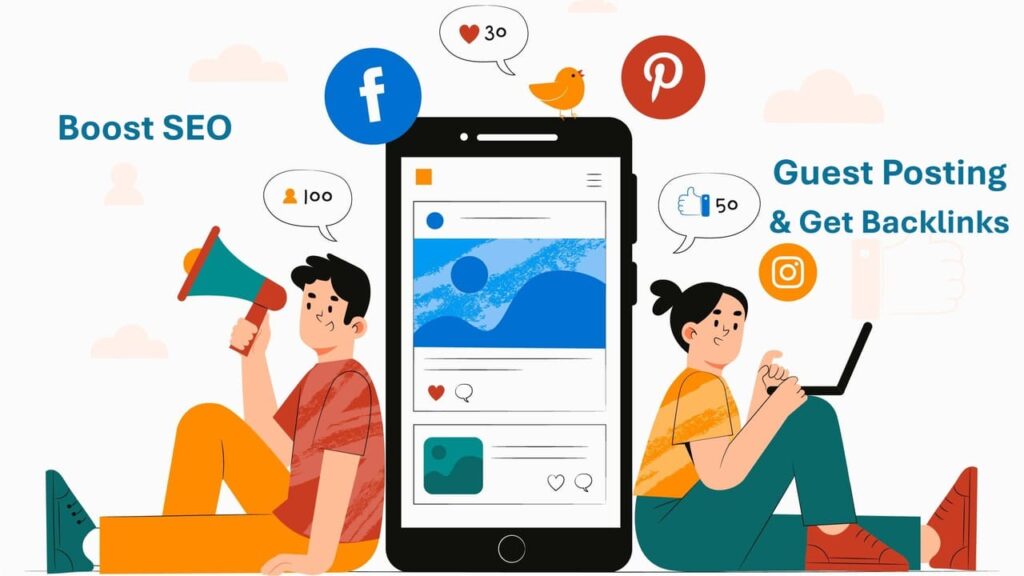 Introduction Ever heard of guest posting and thought, “Is this still a thing?” Well, the answer is a big, loud YES. Despite all the changes in Google’s algorithms, its remains one of the most powerful… Read more: Ultimate Guide For Guest Posts, Build Backlinks & Optimized SEO in 2025
Introduction Ever heard of guest posting and thought, “Is this still a thing?” Well, the answer is a big, loud YES. Despite all the changes in Google’s algorithms, its remains one of the most powerful… Read more: Ultimate Guide For Guest Posts, Build Backlinks & Optimized SEO in 2025 - Top 15 Types of Content Marketing and How to Use Them Effectively in 2025
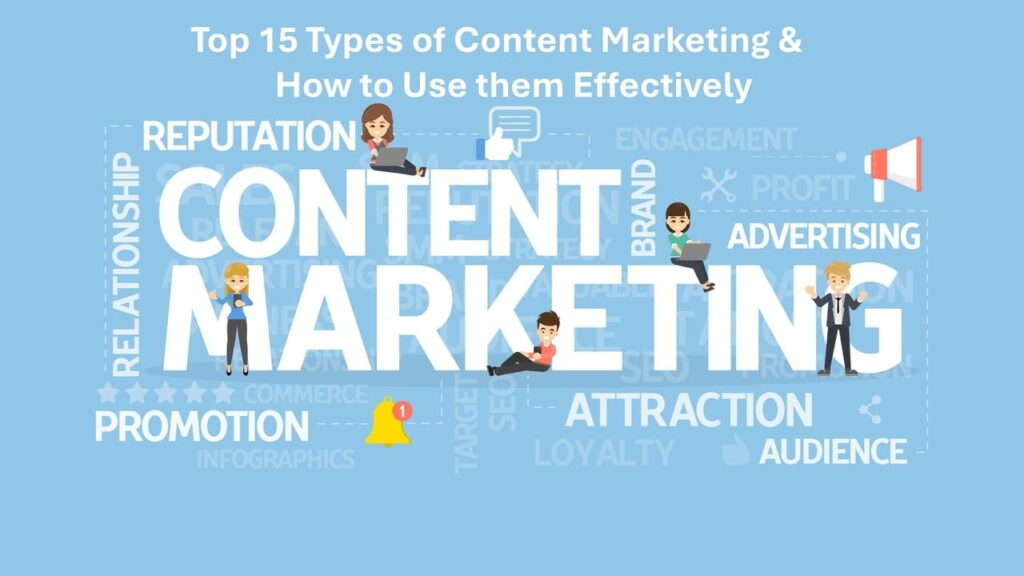 Introduction Content is the king, and marketing is its kingdom. In today’s hyper-connected digital world, content marketing is more than just a buzzword—it’s the soul of online growth. Whether you’re a solopreneur, startup, or enterprise,… Read more: Top 15 Types of Content Marketing and How to Use Them Effectively in 2025
Introduction Content is the king, and marketing is its kingdom. In today’s hyper-connected digital world, content marketing is more than just a buzzword—it’s the soul of online growth. Whether you’re a solopreneur, startup, or enterprise,… Read more: Top 15 Types of Content Marketing and How to Use Them Effectively in 2025 - Top 10 Social Media Marketing Strategies in 2025 for Brand Growth
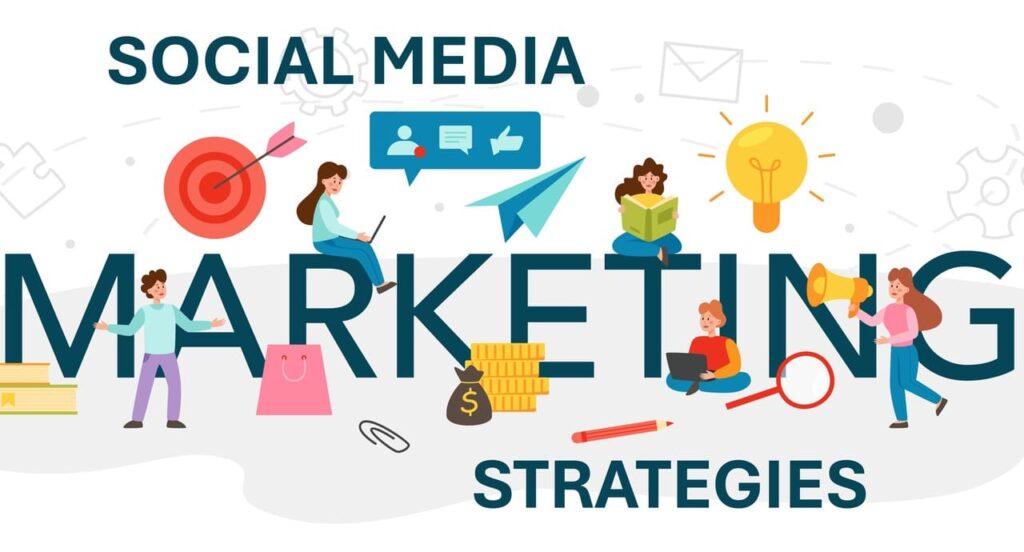 Introduction In 2025, social media marketing strategies has transformed into a data-driven, AI-empowered, and deeply personalized ecosystem. Brands no longer just post and hope for engagement—they leverage smart strategies, tools, and technologies to build communities,… Read more: Top 10 Social Media Marketing Strategies in 2025 for Brand Growth
Introduction In 2025, social media marketing strategies has transformed into a data-driven, AI-empowered, and deeply personalized ecosystem. Brands no longer just post and hope for engagement—they leverage smart strategies, tools, and technologies to build communities,… Read more: Top 10 Social Media Marketing Strategies in 2025 for Brand Growth - What is Social Media Marketing and Its Benefits in 2025
 Introduction: Welcome to the Era of Digital Conversations Imagine trying to run a business in 2025 without an online presence. Feels impossible, right? That’s because social media marketing isn’t just for fun anymore—it’s serious business.… Read more: What is Social Media Marketing and Its Benefits in 2025
Introduction: Welcome to the Era of Digital Conversations Imagine trying to run a business in 2025 without an online presence. Feels impossible, right? That’s because social media marketing isn’t just for fun anymore—it’s serious business.… Read more: What is Social Media Marketing and Its Benefits in 2025 - What is Content Marketing & Why It’s Crucial in 2025 | Complete Guide
 Introduction What is Content Marketing? Content marketing is all about creating and sharing valuable, relevant, and consistent content to attract and retain a clearly defined audience and ultimately, to drive profitable customer actions. In simpler… Read more: What is Content Marketing & Why It’s Crucial in 2025 | Complete Guide
Introduction What is Content Marketing? Content marketing is all about creating and sharing valuable, relevant, and consistent content to attract and retain a clearly defined audience and ultimately, to drive profitable customer actions. In simpler… Read more: What is Content Marketing & Why It’s Crucial in 2025 | Complete Guide - How to Get Google Adsense Approval for New Blog in 2025
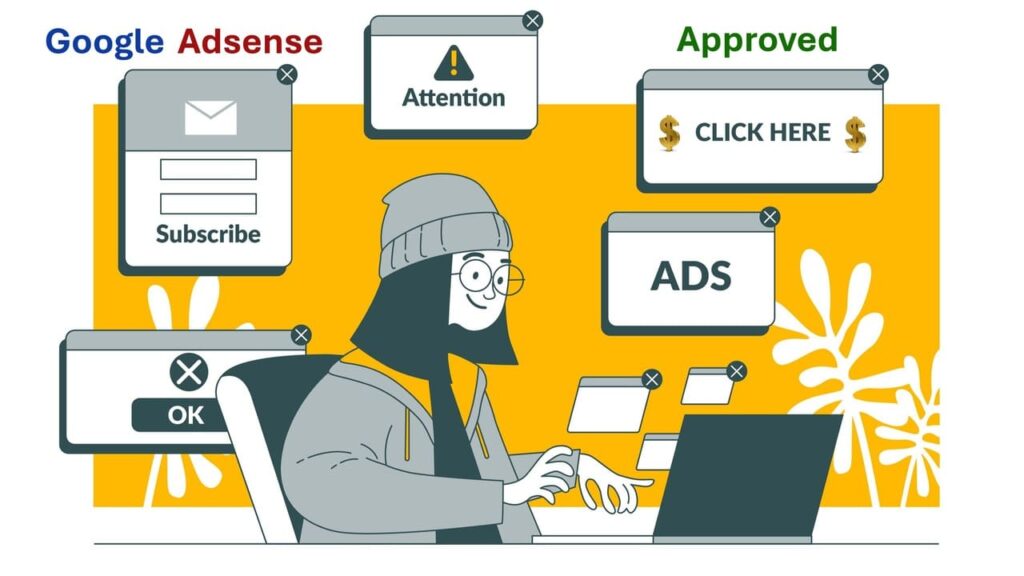 1. Introduction Discover how to get Google AdSense approval for your new blog in 2025 with this step-by-step guide. Learn key requirements, content tips, common mistakes to avoid, and how to increase your chances of… Read more: How to Get Google Adsense Approval for New Blog in 2025
1. Introduction Discover how to get Google AdSense approval for your new blog in 2025 with this step-by-step guide. Learn key requirements, content tips, common mistakes to avoid, and how to increase your chances of… Read more: How to Get Google Adsense Approval for New Blog in 2025 - Top 10 Important WordPress Plugins with Features and Usability
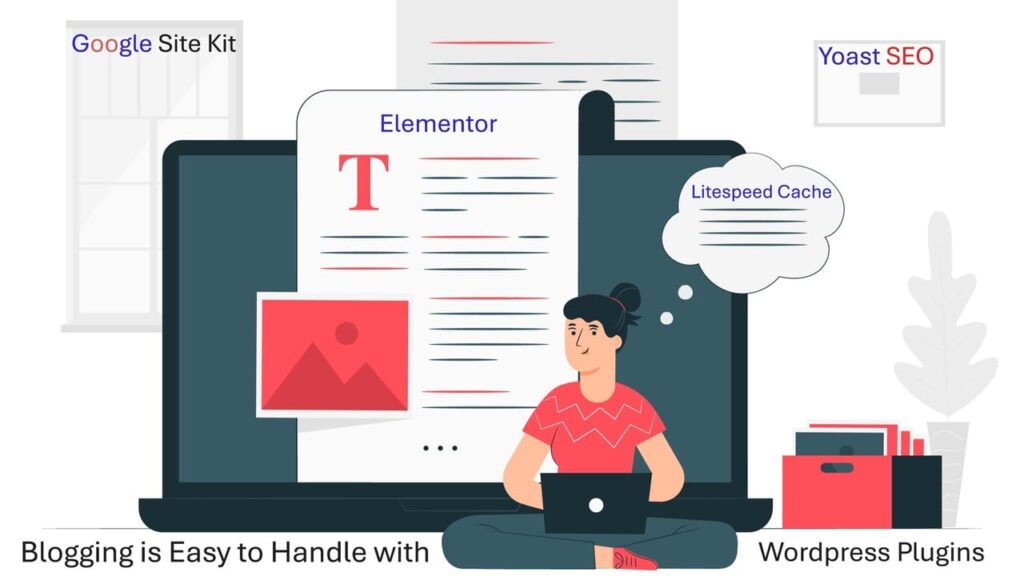 Introduction If you’re diving into the world of WordPress, you’ve likely heard of wordpress plugins. But what are they really? Think of plugins as the apps for your website. Whether you’re building a blog, eCommerce… Read more: Top 10 Important WordPress Plugins with Features and Usability
Introduction If you’re diving into the world of WordPress, you’ve likely heard of wordpress plugins. But what are they really? Think of plugins as the apps for your website. Whether you’re building a blog, eCommerce… Read more: Top 10 Important WordPress Plugins with Features and Usability - What is Technical SEO? Beginner’s Guide for 2025
 Introduction Learn what technical SEO means, why it matters, and how to start perfect for beginners stepping into the SEO world. You’re writing amazing content, and still, your blog isn’t showing up on Google like… Read more: What is Technical SEO? Beginner’s Guide for 2025
Introduction Learn what technical SEO means, why it matters, and how to start perfect for beginners stepping into the SEO world. You’re writing amazing content, and still, your blog isn’t showing up on Google like… Read more: What is Technical SEO? Beginner’s Guide for 2025 - What are the Core Concepts of Digital Marketing? A Complete Beginner’s Guide
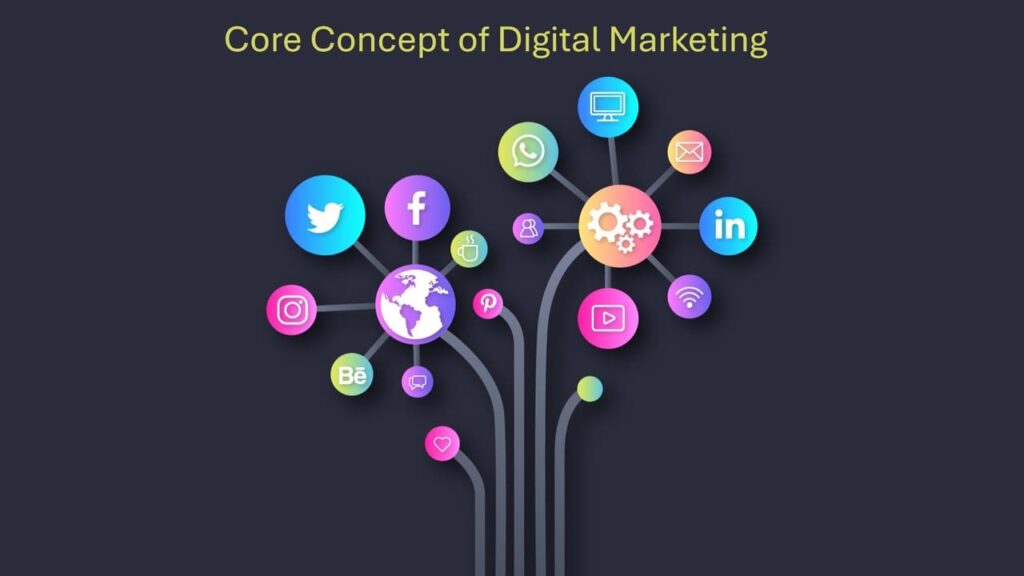 Introduction What Is Digital Marketing? Discover the core concepts of Digital Marketing including SEO, content marketing, social media, PPC, and more. Learn how these strategies work together to grow your online presence in 2025. Digital… Read more: What are the Core Concepts of Digital Marketing? A Complete Beginner’s Guide
Introduction What Is Digital Marketing? Discover the core concepts of Digital Marketing including SEO, content marketing, social media, PPC, and more. Learn how these strategies work together to grow your online presence in 2025. Digital… Read more: What are the Core Concepts of Digital Marketing? A Complete Beginner’s Guide - On-Page vs Off-Page SEO: Key Differences, Strategies & Benefits Explained
 Introduction Search Engine Optimization (SEO) is like the secret recipe behind every website that dominates Google search results. Whether you’re running a blog, an online store, or a corporate website, SEO helps your content get… Read more: On-Page vs Off-Page SEO: Key Differences, Strategies & Benefits Explained
Introduction Search Engine Optimization (SEO) is like the secret recipe behind every website that dominates Google search results. Whether you’re running a blog, an online store, or a corporate website, SEO helps your content get… Read more: On-Page vs Off-Page SEO: Key Differences, Strategies & Benefits Explained - What Are Backlinks? A Complete Guide to Building Powerful Links for SEO
 Introduction Discover everything about backlink and how they impact Search Engine Optimization rankings. Learn the types of backlinks, link-building strategies, common mistakes to avoid, and the Digital marketing best tools to monitor your backlink profile… Read more: What Are Backlinks? A Complete Guide to Building Powerful Links for SEO
Introduction Discover everything about backlink and how they impact Search Engine Optimization rankings. Learn the types of backlinks, link-building strategies, common mistakes to avoid, and the Digital marketing best tools to monitor your backlink profile… Read more: What Are Backlinks? A Complete Guide to Building Powerful Links for SEO - What is SEO in Digital Marketing? A Beginner-Friendly Guide to Ranking Higher in 2025
 Introduction Discover what SEO in Digital Marketing really means, why it matters, and how it works. Learn proven Search Engine Optimization strategies, tools, and tips to boost your website traffic and rankings in 2025. So,… Read more: What is SEO in Digital Marketing? A Beginner-Friendly Guide to Ranking Higher in 2025
Introduction Discover what SEO in Digital Marketing really means, why it matters, and how it works. Learn proven Search Engine Optimization strategies, tools, and tips to boost your website traffic and rankings in 2025. So,… Read more: What is SEO in Digital Marketing? A Beginner-Friendly Guide to Ranking Higher in 2025 - How to Write a Perfect SEO Blog Post: Step-by-Step Guide
 1. Introduction Blogging isn’t just for hobbyists anymore—it’s a powerful tool for businesses, influencers, and thought leaders. Whether you’re looking to build your brand, generate leads, or simply share your passion, writing the perfect SEO… Read more: How to Write a Perfect SEO Blog Post: Step-by-Step Guide
1. Introduction Blogging isn’t just for hobbyists anymore—it’s a powerful tool for businesses, influencers, and thought leaders. Whether you’re looking to build your brand, generate leads, or simply share your passion, writing the perfect SEO… Read more: How to Write a Perfect SEO Blog Post: Step-by-Step Guide - How to Build WordPress Website Easy, Fast & Professional
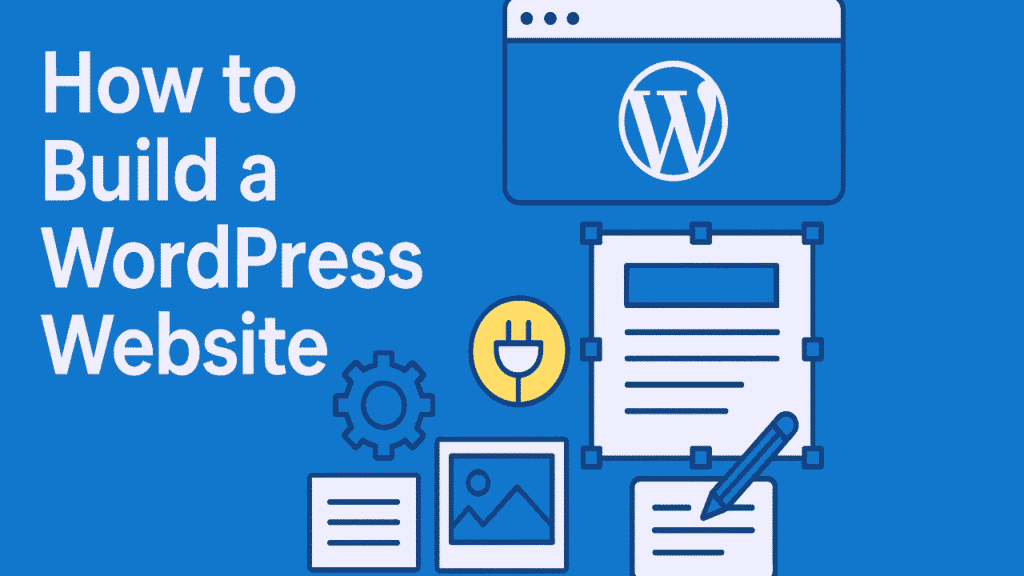 Introduction What is WordPress? Learn how to build a WordPress website step-by-step. From choosing a domain and hosting to customizing themes, installing plugins, optimizing for SEO, and launching your fully functional website. WordPress is like… Read more: How to Build WordPress Website Easy, Fast & Professional
Introduction What is WordPress? Learn how to build a WordPress website step-by-step. From choosing a domain and hosting to customizing themes, installing plugins, optimizing for SEO, and launching your fully functional website. WordPress is like… Read more: How to Build WordPress Website Easy, Fast & Professional - Build a Free Website in Minutes – Easy Guide for Beginners to PRO
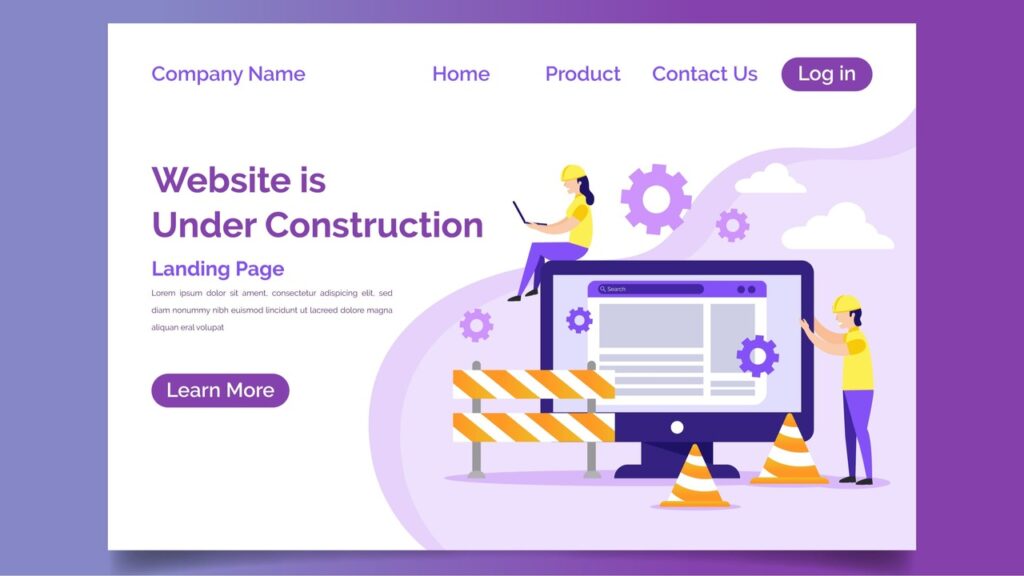 Introduction We introduces the concept of free website building without spending money it is the part of Digital Marketing, dispels the myth that it requires coding skills, and encourages readers with limited budgets or beginners… Read more: Build a Free Website in Minutes – Easy Guide for Beginners to PRO
Introduction We introduces the concept of free website building without spending money it is the part of Digital Marketing, dispels the myth that it requires coding skills, and encourages readers with limited budgets or beginners… Read more: Build a Free Website in Minutes – Easy Guide for Beginners to PRO

Pingback: What is Digital Marketing? Simple Guide -
Pingback: What Are Backlinks? A Complete Guide to Building Powerful Links for SEO
Pingback: On-Page SEO vs Off-Page SEO: Key Differences, Strategies & Benefits
Pingback: What is Technical SEO? Beginner’s Guide for 2025 -